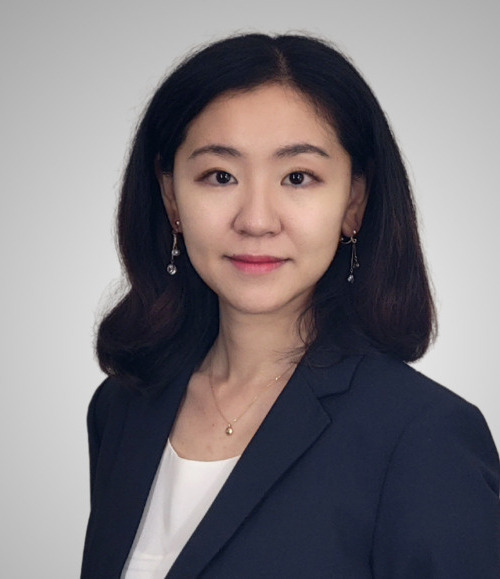Yoorae Noh

- Assistant Professor
- Plastic waste; Plastic circularity; Microplastic; Occupational Safety and Health; Waste Valorization
- School of Packaging
- College of Agriculture and Natural Resources
- 517-353-5481
- nohyoora@msu.edu
WEBSITE
https://www.canr.msu.edu/people/yoorae-noh
BIOGRAPHY
Dr. Yoorae Noh is an Assistant Professor in the School of Packaging (SoP) at Michigan State University (MSU). She joined MSU in August 2023. Her field of study is related to sustainable eco-friendly plastic manufacture, recovery, & management. Specifically, her research explores and innovates: (1) how to efficiently decompose and reclaim the currently produced multi-layered polymer materials using green solvents (e.g., supercritical fluids); (2) characterize the composition and behavior of emerging environmental plastic aerosol wastes, including microplastics, nanoplastics, and organic compounds throughout the stream of plastic manufacture; and (3) develop the process that can selectively detect the air-phased analytes. Prior to joining Michigan State University, Dr. Yoorae Noh was a postdoctoral associate in the Department of Chemical Engineering at Auburn University. She earned her Ph.D. degree in the Lyles School of Civil Engineering (2022) at Purdue University. She has been focusing research on plastic manufacturing processes in water pipe systems, environmental pollution and public health issues. She earned her bachelor’s (2016) and master’s degrees (2018) in Civil and Environmental Engineering at Yonsei University, South Korea.
AREA OF EXPERTISE
- Eco-friendly Technology for Plastic Circularity
- pre-treat and reclaim multi-layered polymer materials and flexible packaging
- utilizing environmentally friendly solvents, such as supercritical fluids
- Valorization of Plastic Waste
- novel approach (either upcycling or recycling) for repurposing challenging-to-degrade flexible packaging wastes through physical, biological, and chemical processing
- Environmental Footprint of Waste
- composition and behavior of emerging airborne and waterborne plastic waste, including microplastics, nanoplastics, and associated organic compounds, throughout the entire lifecycle of plastic production
- Occupational Safety and Health
- developing processes that can selectively detect analytes present in the air phase, particularly those related to plastic production and manufacturing
- identifying and monitoring these airborne compounds

